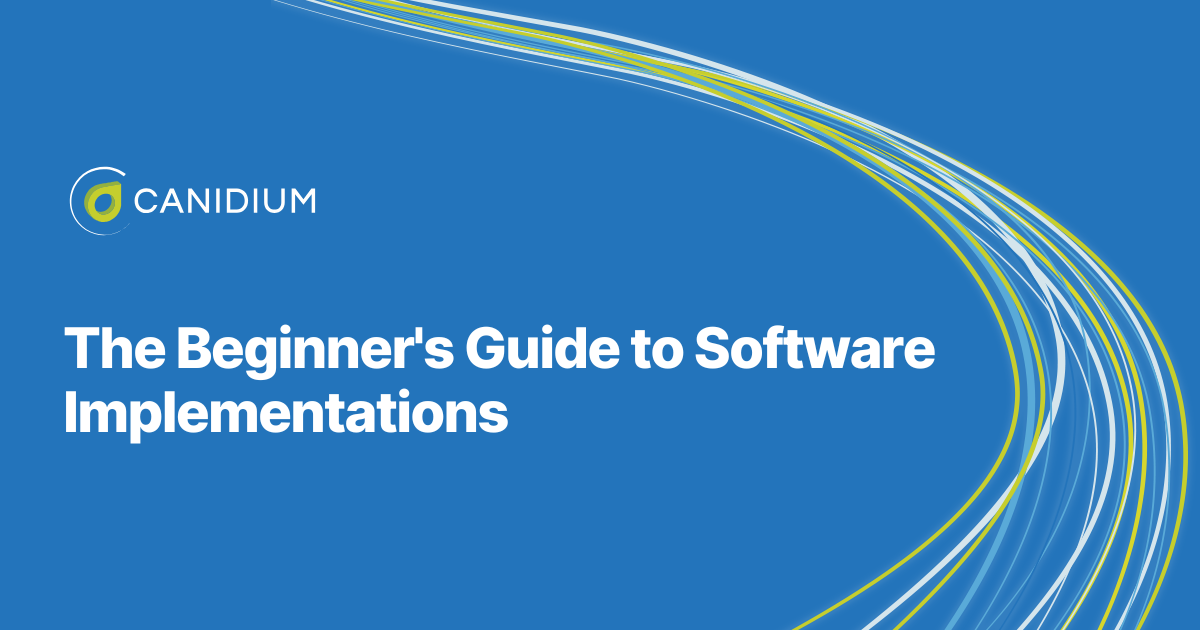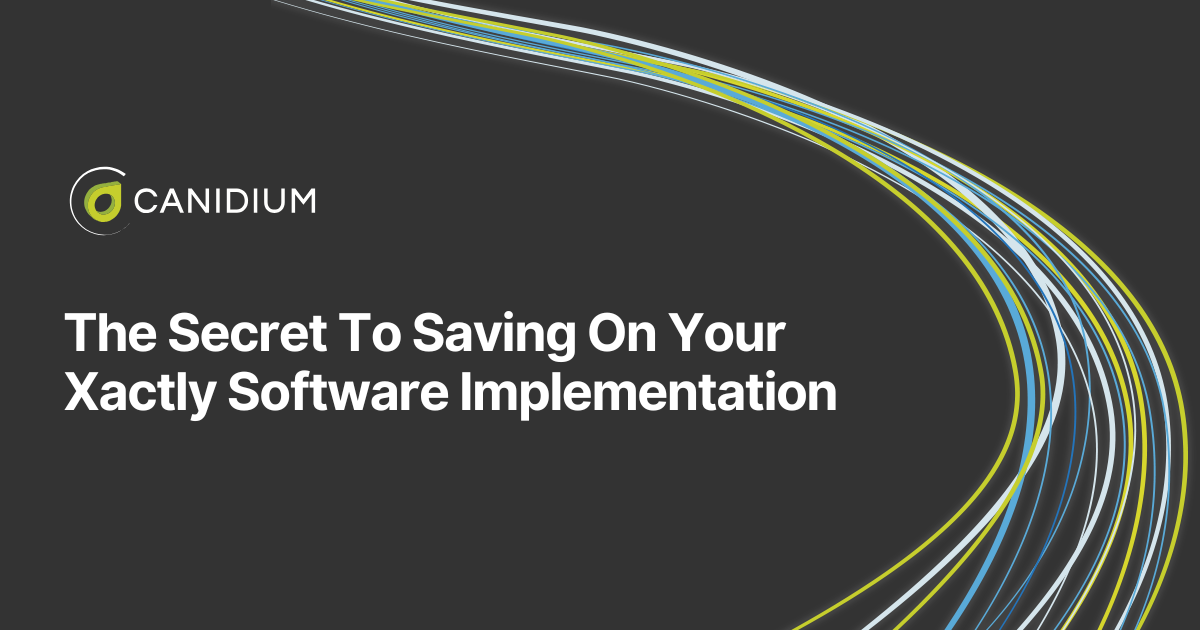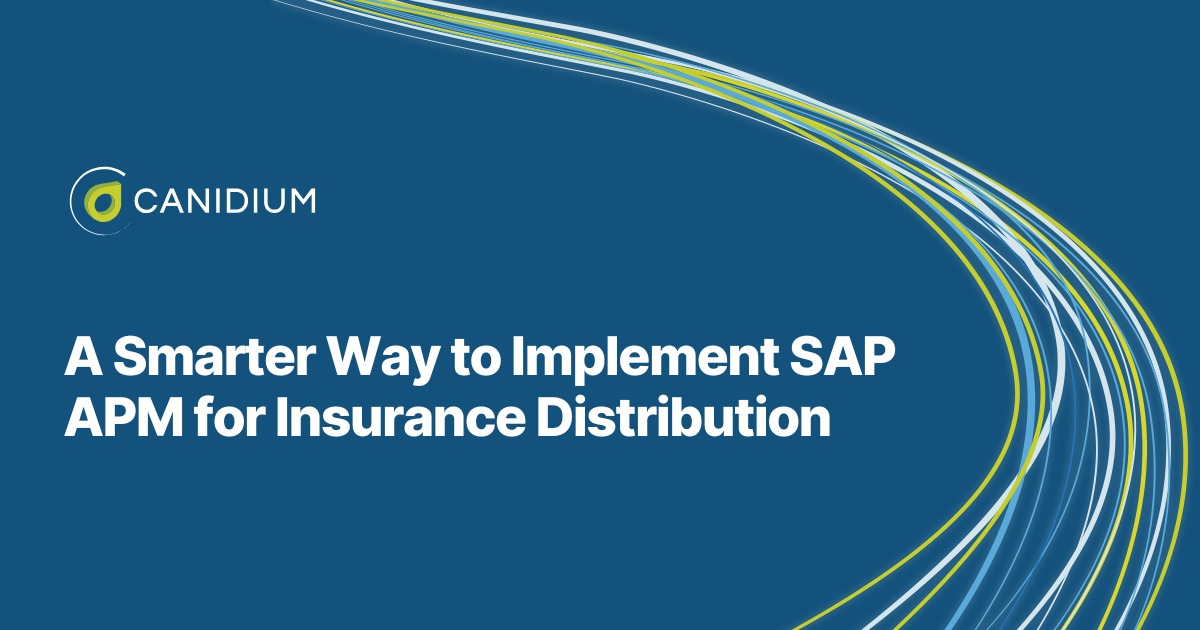Sales Performance Management (SPM) software is a powerful tool for enhancing sales processes and overall organizational performance.
However, despite its potential benefits, many organizations face significant barriers when implementing new SPM software. In this article, we will explore the main obstacles that hinder the adoption of SPM software and provide insights on overcoming these challenges.
In this article, we will explain the five biggest problems organizations face with user adoption and how to bypass those obstacles. We will explain how intuitive tools can differentiate between success and failure.
Resistance to Change
One of the primary barriers to adopting new SPM software is resistance to change. Employees and teams may be comfortable with their existing processes and tools, making it challenging to persuade them to embrace something new. Resistance can manifest as skepticism, fear of job displacement, or reluctance to learn a new system.
Solution: Organizations should focus on effective change management strategies to address resistance. This includes clear communication about the benefits of the new SPM software, training programs, and involving employees in the decision-making process. Demonstrating how the software can make their jobs easier and more productive is crucial in overcoming resistance.
Lack of Alignment with Business Objectives
Another common challenge is the misalignment between the chosen SPM software and the organization's specific business objectives. If the software does not address the unique needs and goals of the company, it may not deliver the expected results.
Solution: Before selecting an SPM solution, organizations should conduct a thorough assessment of their sales processes and objectives. This assessment should identify areas where the software can provide the most value. Choosing a solution that aligns with these specific needs is essential to ensure successful adoption and positive outcomes.
Data Integration and Quality Issues
Effective SPM software relies heavily on accurate and up-to-date data from various sources, such as CRM systems, financial databases, etc. Data integration and quality issues can pose significant barriers to adoption, as inconsistent or incomplete data can lead to inaccurate insights and decisions.
Solution: Organizations should invest in robust data integration tools and ensure data quality standards are met. Regular data cleansing and validation processes should be established to maintain data integrity. Moreover, organizations should work closely with software providers to streamline data integration processes.
Complex Implementation and Customization
SPM software often requires complex implementation and customization to suit an organization's unique needs. This complexity can lead to delays, cost overruns, and stakeholder frustration.
Solution: Proper project management and engagement with experienced consultants or software providers are crucial for a smooth implementation. Organizations should also prioritize customization efforts based on their most critical needs rather than attempting to customize every feature. This can help simplify the process and reduce implementation challenges.
Cost Concerns
The financial aspect is a significant barrier to adoption, as SPM software can involve substantial upfront costs, including software licenses, hardware, and ongoing maintenance expenses.
Solution: To address cost concerns, organizations can explore pricing models, such as subscription-based or cloud-based solutions, which can reduce initial capital expenditures. Additionally, conducting a cost-benefit analysis to demonstrate the potential return on investment (ROI) of the SPM software can help justify the expenses.
A Program to Boost Rep Adoption
While implementing new SPM software in an organization can be challenging, addressing these barriers is essential for realizing the software's full potential.
Canidium has been implementing sales performance management solutions since 2008, and we have cracked the code on user adoption.
We created the RADiance Adoption Dashboard, a proprietary adoption monitoring solution. When our clients deploy RADiance after implementing SAP Commissions, they can easily analyze and troubleshoot user adoption.
- Quickly identify who is utilizing the capabilities of SAP Commissions with just a glance.
- Track the changes in adoption rates based on job titles over time.
- Check how frequently your payees log in and who is not viewing their statements.
- Verify that your payees are using SAP consistently throughout the plan year. High performers leverage the tools.
- Maximize your investment in the platform. The higher the adoption rate, the greater the return on investment.
- Utilize RADiance data to assign attrition risk levels to individuals in your sales team.
By focusing on change management, alignment with business objectives, data quality, implementation strategy, and cost management, organizations can overcome these obstacles and reap the benefits of improved sales performance and efficiency.
Ideally, your software implementation partner is also a strategic partner. They can help train your team and give you easy-to-use analytics tools that pave the way for smooth user adoption.
Planning user-adoption efforts and treating SPM software as a strategic tool, not just an IT project, are crucial for long-term success with SAP commissions.


.png)





